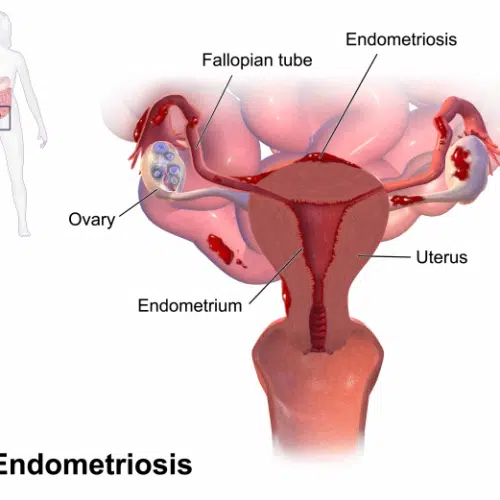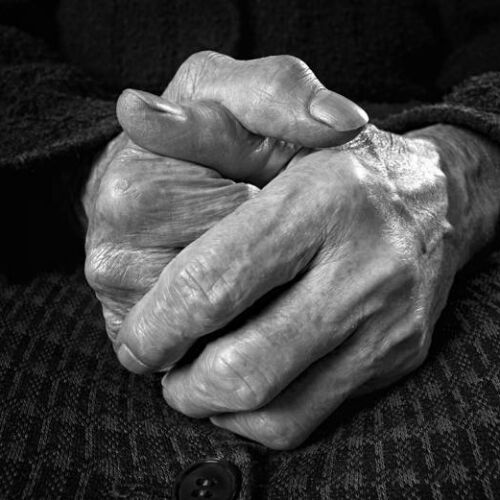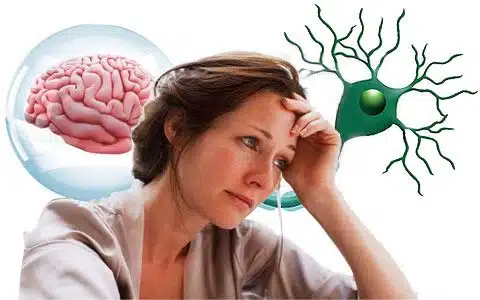Endometriosis is a disorder in which tissue that normally lines the inside of the uterus (the endometrium) grows outside of a woman’s uterus. Endometriosis most commonly involves the ovaries, fallopian tubes and the tissue lining the pelvis. Although rare, endometrial tissue may spread beyond pelvic organs as well. Recent research has shown promising medical opportunities to use medical marijuana for endometriosis.
With endometriosis, displaced endometrial tissue continues to act as it normally would — it thickens, breaks down and bleeds with each menstrual cycle. Because this displaced tissue has no way to exit the body, it becomes trapped. When endometriosis involves the ovaries, cysts called endometriomas may form. Surrounding tissue can become irritated, eventually developing scar tissue and adhesions (abnormal bands of fibrous tissue that can cause pelvic tissues and organs to stick to each other). Endometriosis can cause pain, sometimes severe, especially during menstruation. Fertility problems also may develop.
Endometriosis is an autoimmune disease. A woman’s body does not recognize her own endothelial cells, which leads to a immune response, that is oftentimes painful.
Symptoms of Endometriosis
The primary symptom of endometriosis is pelvic pain, often associated with a menstrual period. Although many women experience cramping during their menstrual period, women with endometriosis typically describe menstrual pain that’s far worse than usual. They also tend to report that the pain increases over time.
Common signs and symptoms of endometriosis may include:
- Painful periods — pelvic pain and cramping may begin before your period and extend several days into your period. You may also have lower back and abdominal pain.
- Pain with intercourse — pain during or after sex is common with endometriosis.
- Pain with bowel movements or urination — you’re most likely to experience these symptoms during your period.
- Excessive bleeding — occasional heavy periods (menorrhagia) or bleeding between periods (menometrorrhagia).
- Other symptoms — you may also experience fatigue, diarrhea, constipation, bloating or nausea, especially during menstrual periods.
The severity of pain isn’t necessarily a reliable indicator of the extent of the condition. Some women with mild endometriosis have intense pain, while others with advanced endometriosis may have little pain or even no pain at all.
What Causes Endometriosis
Although the exact cause of endometriosis is not certain, possible explanations include:
- Retrograde menstruation — in retrograde menstruation, menstrual blood containing endometrial cells flows back through the fallopian tubes and into the pelvic cavity instead of out of the body. These displaced endometrial cells stick to the pelvic walls and surfaces of pelvic organs, where they grow and continue to thicken and bleed over the course of each menstrual cycle.
- Transformation of peritoneal cells — in what’s known as the “induction theory,” experts propose that hormones or immune factors promote transformation of peritoneal cells (cells that line the inner side of your abdomen) into endometrial cells.
- Embryonic cell transformation — hormones such as estrogen may transform embryonic cells (cells in the earliest stages of development) into endometrial cell implants during puberty.
- Surgical scar implantation — after a surgery, such as a hysterectomy or C-section, endometrial cells may attach to a surgical incision.
- Endometrial cells transport — the blood vessels or tissue fluid (lymphatic) system may transport endometrial cells to other parts of the body.
- Immune system disorder — it’s possible that a problem with the immune system may make the body unable to recognize and destroy endometrial tissue that’s growing outside the uterus.
Medical Marijuana For Endometriosis Treatment
Medical marijuana has anti-inflammatory properties and has already been proven to be highly effective for pain relief. Common symptoms like nausea and digestion make medical marijuana for endometriosis treatment a viable alternative to traditional medicine.
University of South Carolina Inflammation and Cannabis study
Here are some scientific observations and results from a recent study completed at the University of South Carolina.
“Marijuana is now regularly and successfully used to alleviate the nausea and vomiting many cancer patients experience as side effects to chemotherapy, combat the wasting syndrome that causes some AIDS patients to lose significant amounts of weight and muscle mass and ease chronic pain that is unresponsive to opioids, among other applications.
The university study has uncovered yet another potential application for marijuana, in the suppression of immune response to treat autoimmune diseases. The work builds on recent scientific discoveries that the environment in which humans live can actually trigger changes that occur outside of human DNA, but nevertheless can cause alterations to the function of genes controlled by DNA. These outside molecules that have the ability to alter DNA function are known collectively as the epigenome. In this study, the investigators wanted to find out if the tetrahydrocannabinol (THC) found in marijuana has the capacity to affect DNA expression through epigenetic pathways outside of the DNA itself.
The recent findings show that THC can change critical molecules of epigenome called histones, leading to suppression of inflammation. They also suggest that, because of its epigenetic influence toward inflammation suppression, marijuana use could be efficacious in the treatment of autoimmune diseases such as arthritis, lupus, colitis, multiple sclerosis and the like, in which chronic inflammation plays a central role”
From a Study on Cannabis and Chronic Pain
“Average reported pain relief from medical cannabis was substantial. Average pre-treatment pain on a zero to ten scale was 7.8, whereas average post-treatment pain was 2.8, giving a reported average improvement of 5 points. This translates to a 64% average relative decrease in pain. Cannabis is an extremely safe and effective medication for many patients with chronic pain. In stark contrast to opioids and other available pain medications, cannabis is relatively non-addicting and has the best safety record of any known pain medication . Adverse reactions are mild and can be avoided by titration of dosage using smokeless vaporizers.”
How to Medicate
Medical marijuana for endometriosis treatment has been delivered via smoked and vaporized cannabis, oral administration of capsules, edibles, tinctures, mouth sprays and topical application. Studies display varying degrees of intervals and dosing, ranging from smoking cannabis every 3-5 hours, oral administration of THC/CBD extracts or using topical’s as needed. The benefit from smoking as a route of medication is instant action and the ability for the patient to self titrate the dose needed for relief.
Sources: X. Yang, V. L. Hegde, R. Rao, J. Zhang, P. S. Nagarkatti, M. Nagarkatti. Histone modifications are associated with Delta(9)-tetrahydrocannabinol-mediated alterations in antigen-specific T cell responses. Journal of Biological Chemistry, 2014; DOI:
Apr. 2014 study titled “Therapeutic Benefits of Cannabis: A Patient Survey,” published in Hawaii Journal of Medicine and Public Health:
Mayo Clinic



